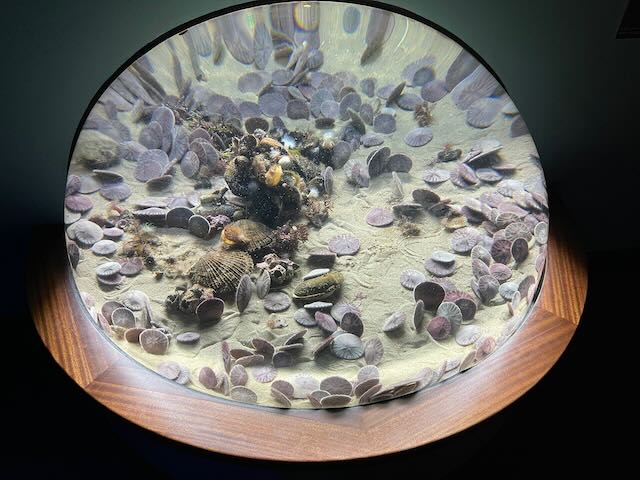Caveat emptor: This post is a compilation of highly abstract half thoughts…
Premise
Humans (we) are at the top of the food chain on planet Earth, and are fascinated with ourselves. Our capabilities are orders of magnitude superior to our nearest surviving species: apes.
The secret sauce for this system seems to be (and most probably is) the organ between our ears, our brain.
With the invention of internet, and maybe even before? We consciously or subconsciously replicate similar mechanisms of implementation in the machines and processes we invent.
Human system
Human body is a complex multi level organism (system) that depends on other primitive organisms to survive and thrive.
For example, gut bacteria play a large role in the human digestive system. Prebiotics (food for the bacteria, which largely seems to be different forms of fiber), Probiotics (variety of different cooperating bacteria), and Postbiotics (outputs of the bacteria) are all new cool and hot supplement types and still not fully understood in a scientific manner.
Another example are organisms like viruses and bacteria that are stressors to the human body in small amounts (vaccines), that eventually help us become more robust to infections.
Human made systems: Information Technology
A computer is a general purpose machine.
The invention of internet allowed computers to communicate to each other. This invention quickly followed up with new sub inventions to cooperate and share information among people:
- Email: asynchronous information sharing with intentional recipients
- Web page: asynchronous information sharing with wide set of people
- Chat: synchronous information sharing with intentional recipients
I am using the words “information sharing” loosely. The information exchange can be used to speed up exchange of goods and services (eCommerce), management of means of exchange (online banking), keep in touch with one another in real time (online meetings, texts), coordinating work (office app suites) and many more.
These sets of programs were development of useful but primitive tool sets, and more elaborate systems came later on.
Search engines
A search engine system like google feeds off on other primitive systems like web pages, and then produces a searchable index that allows humans to tap into useful information produced by other humans quickly. The system monetizes itself by charging fees from primitive organisms to help them thrive.
Its popularity and usefulness builds an interesting feedback loop, where SEO is used by websites to rank higher, and ultimately create a tussle between the lower level systems and higher level system.
So, a company like Google needs to feed the lower level organisms with enough randomized ranking that they feel satiated.
It will also try to weed off not so useful organisms (to itself) which can threaten its survival like “walled & private” social media applications.
Social media applications
A social media site like facebook feeds off of human desires to:
- project a cool image, with posting of useful or self aggrandizing information
- spend oodles of time to compare ourselves favorably or otherwise with others
- engage with other humans, to either cooperate (likes) or sometimes behave badly (disagree in comments)
The social media system feeds off the same data that is shared by its members, and then projects back suggestions that will be attractive to its members.
Unlike a search engine, it feeds foreign organisms (to the system participants itself), to use this suggestive power.
Social media applications need to do work to:
- Keep its member base growing. Aside: this is the primary reason why there is a long gestation period for any and all social media applications to get to an inflection point in their growth.
- Encourage its member base to share content
- Encourage its member base to engage with one another
The Achilles heal of any Social media application (today) is its system being cool enough. Also, since the platform (internet) is not owned by anyone, the applications compete with each other for coolness (Facebook vs Twitter vs TikTok vs ..).
